
The glass cliff: Evidence that women and ethnic minorities contest “hopeless” seats
Are women and ethnic minorities set up to fail when they run in UK General Elections? Clara Kulich from the University of Geneva (Switzerland) presents findings from collaborative research with colleagues at the University of Exeter (UK) and the University of Queensland (Australia) which show that in past UK General Elections (2001 to 2010) women and […]

Since the Snowden revelations, more people have joined the discussion on digital rights, but change requires more than conversation
In recent years, the Snowden revelations and debates in the UK and US around the scope of government surveillance have brought the issue of privacy in the digital age a greater audience than ever before. Hanane Boujemi argues that society must change its attitude to where boundaries lie if rights are to be meaningfully protected in […]

The people think it’s good to talk about how they are governed
Underestimating the public’s interest in being involved in discussions about the UK’s constitutional future is a mistake, find Jan Eichhorn and Daniel Kenealy in a wide-ranging survey. Moreover, when asked how decisions should be made about how England should be governed, the most popular option in all regions of England was to hold a referendum. Similar […]
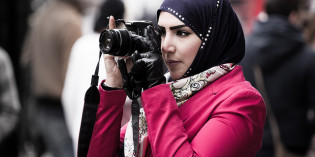
Societies should not have to choose whether to grant the wishes of either religious groups or of women
It has often been said that gender equality and religion are at odds, with religious justifications at times used to justify discriminatory policies against women, so what kind of political arrangements could guarantee religious women’s rights and full social inclusion, asks Kristin Aune. Similar PostsBritain’s ‘Christian right’: seeking solace in a narrative of discriminationIt’s time for an […]
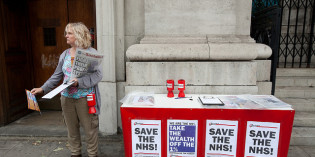
Why we need an NHS election day
Voters will go to the polls on May 7th for the general election and hundreds of local council elections. There is no equivalent of this election day for NHS Foundation Trust elections, which traditionally see lower levels of public participation. In this post Richard Berry proposes that NHS elections be held simultaneously in order to raise awareness […]
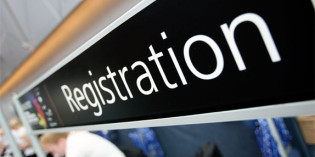
There are fewer people registered to vote in 2015 than there were in 2010: is that to Labour’s advantage?
The 2010 general election result was considerably biased in Labour’s favour: if they and Conservatives had won equal shares of the vote total, Labour could have obtained as many as 54 more seats than their Tory opponents. This bias partly reflected unequal electorates across the country’s constituencies. Recently published data show that the number of […]
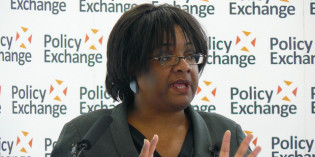
The Conservatives’ BME MPs may be game changers in the way we think about ethnic minority representation
It has long been assumed that the ethnicity of voters will translate into ethnicity of candidates; and that ethnicity of MPs will in turn improve the representation of BME interests in Westminster. But is this the case? Maria Sobolewska argues that the recent increase in BME candidates for the Conservative Party may be a ‘game changer’ […]
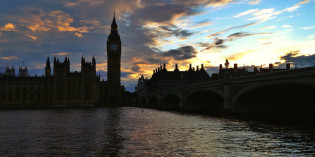
The geopolitical implications of the House of Commons’ decision to reject military intervention in Syria
In August 2013, the House of Commons rejected a Government proposal to intervene in the Syrian conflict following that country’s regime’s use of chemical weapons. Here, Dr Kristian Coates Ulrichsen assesses the geopolitical implications of that dramatic night in the House of Commons, arguing that it decisively stopped the momentum towards war. The dramatic House […]

Book Review: The Hizbullah Phenomenon: Politics and Communication
The authors of this book address how Hizbullah uses image, language, and its charismatic leader, Hassan Nasrallah, to legitimize its political aims and ideology and appeal to different target groups. Reviewer Morgane Colleau thinks this is a highly valuable contribution that sheds much needed light on a key causal dimension in the movement’s endurance. The Hizbullah […]



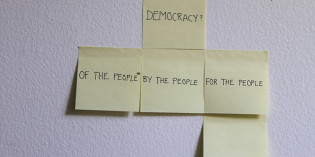

 Democratic Audit's core funding is provided by the Joseph Rowntree Charitable Trust. Additional funding is provided by the London School of Economics.
Democratic Audit's core funding is provided by the Joseph Rowntree Charitable Trust. Additional funding is provided by the London School of Economics.